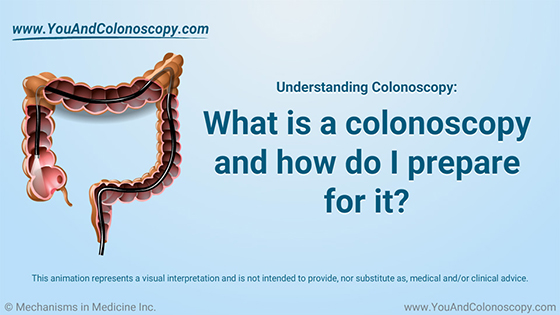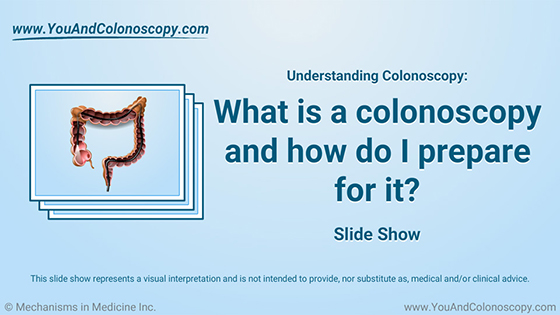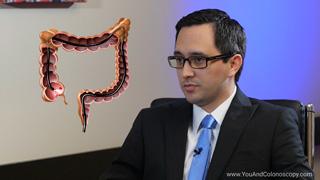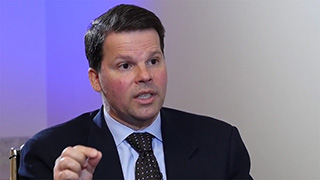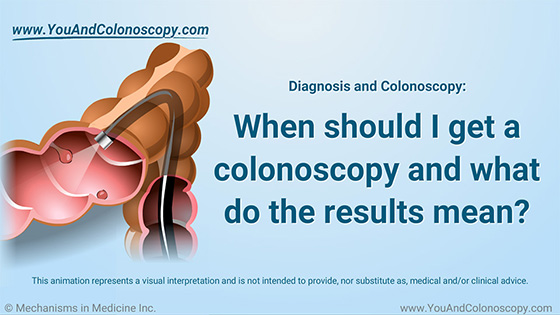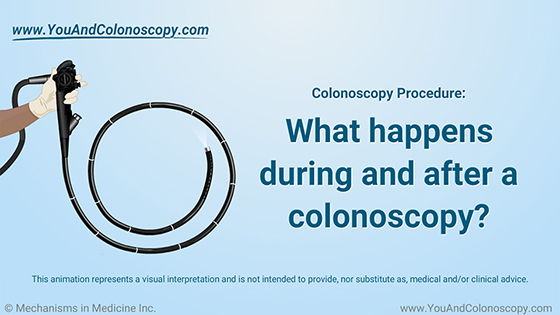Copyright © Mechanisms in Medicine Inc. All rights reserved.
Initial funding for this activity was provided by independent educational grants from Boston Scientific and Ferring Pharmaceuticals.
All content is developed independently in collaboration with an Expert Faculty group; funders are allowed no influence on the content of You And Colonoscopy.
This website is part of the Animated Patient® series developed by Mechanisms in Medicine Inc., to provide highly visual formats of learning for patients to improve their understanding, make informed decisions, and partner with their healthcare professionals for optimal outcomes.
